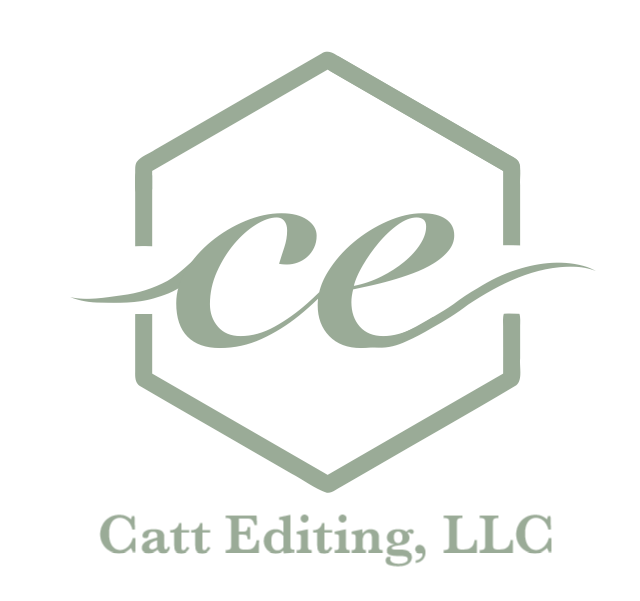4 Ways an Editor Can Help You
You may think a quick spell-check (or a thorough one) and reading the document a hundred million times is a good replacement for hiring editors. You might even use AI, send it to friends, read editing blogs, and do all kinds of other things to help you do a better job editing your own book . . . but it’s not the same. Hiring a professional editor is invaluable, and here’s why:
1. They See Things You Don’t
Having someone else look at your book without any prior knowledge will let them catch so many things you can’t—because you’ve read the book too many times. You could have sentences and ideas repeated multiple times throughout the book, but you don’t notice it because you’re so familiar with the document that when you read it in two different places, you just think you’re remembering it from when you read it there last time. Someone new won’t do that because they haven’t read it before.
It’s also very hard to know if the book makes sense when you’re the one who wrote it. Of course it makes sense to you—but maybe that’s because you have all this context in your head that you forgot to convey to the reader. Editors can point out the missing background information.
2. They Are Trained in the Rules
Editors know the rules. They know what to look for and how to fix things. We can’t all be good at everything; editors are good at knowing the rules, and writers are good at creative writing.
Another great thing about editors is that they know how to break the rules because they know what they are. I have heard several writers say they don’t want to hire an editor because they have unconventional spellings of words and irony and humor in their book, and they don’t want the editor to take those out.
Let’s back up a minute. Editors are not here to ruin your book or take out your voice at all! Their job is to make sure what you wrote makes sense to your target audience and helps/connects with them. That’s it. That’s their job. If your humor and irony and unconventional spellings are going to confuse the reader and serve absolutely no purpose, yeah, I’ll recommend you take those out. But other than that, keep it! It’s great! (Reminder that if an editor does recommend something you don’t like, don’t do it. Just say no.)
3. It’s a Second Set of Eyes Just There to Help You
Sending your book to friends and family can be really great! I don’t think you should not do that if you want to. But they don’t replace editors or even beta readers. Friends and family are going to be biased—whether or not they want to be. Even if they are brutally honest with you about things wrong with your book, they still could have bias that editors won’t. For example, I finished editing a memoir recently, and I left multiple comments throughout about not knowing who characters were or what they were doing and why. I was the only one who could point out that she forgot to mention Angela is her sister-in-law and that her husband is a firefighter. Everyone else who’d read the book already knew these things (because they knew these people in real life), so they didn’t realize this information was missing—but readers would notice. And they’d be confused.
4. This Is Not Their First Time Doing This
This may be your first time writing a book. It’s helpful to have someone guide you along who’s done it before.
Editors know the process of publishing, so they know it’s not important to have a nicely formatted title page and chapter headers and all that fancy stuff in a Word Document. That will come later, and it doesn’t really matter now. (It’s just going to get messed up as you revise anyway.)
They also know how to do an automatic Table of Contents, use Styles, make citations, alphabetize, and do all kinds of other things on Word that you don’t need to waste hours learning how to do. Let them take the stress away from learning all these things.
Editors are so much more than a spell-check! My primary purpose as an editor is to make sure your book is effective in conveying your message (whatever that is) to your target audience.
Feel free to contact me for a sample edit to find out how I can help you!
For more information on what each type of editing can do for you, check out these blog posts about developmental editing, line editing, and proofreading.
